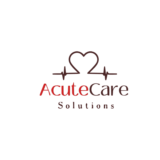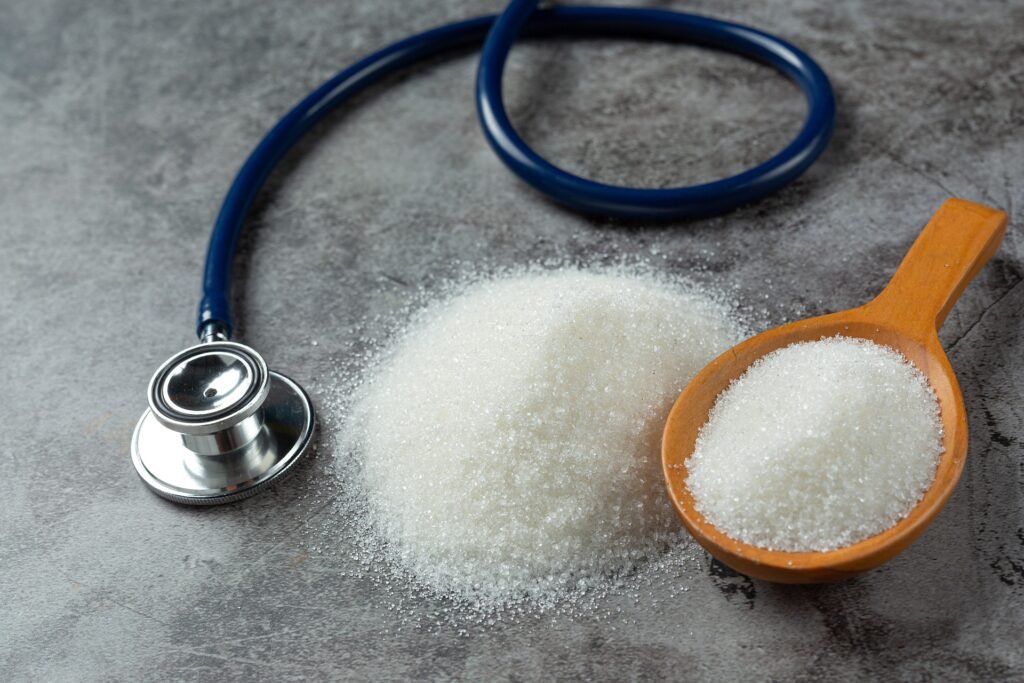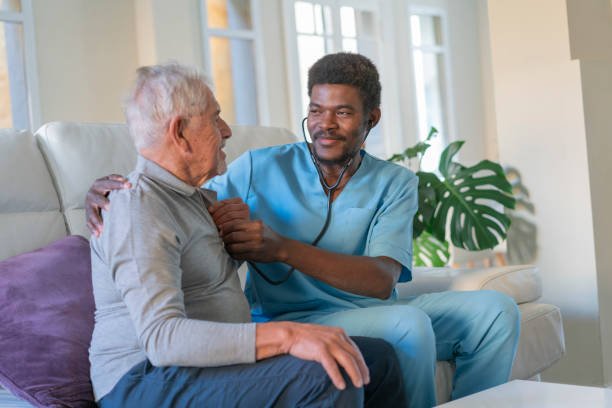A stroke is a medical emergency that occurs when blood flow to part of the brain is interrupted. Brain cells are deprived of oxygen and nutrients, and they begin to die. Strokes are the leading cause of disability and the fifth leading cause of death in the United States. The risk of stroke increases with age, and people over 65 are more likely to have a stroke than younger adults.
Causes of Stroke
There are two main types of strokes:
- Ischemic stroke: This is the most common type of stroke, accounting for about 87% of all strokes. It is caused by a blood clot that blocks an artery in the brain.
- Hemorrhagic stroke: This type of stroke is caused by bleeding in the brain. This can happen when a weakened blood vessel ruptures.
Risk factors for stroke
- High blood pressure
- High cholesterol
- Diabetes
- Obesity
- Smoking
- Family history of stroke
- Carotid artery disease (narrowing of the arteries in the neck)
- Atrial fibrillation (irregular heartbeat)
Signs and Symptoms of Stroke
The signs and symptoms of stroke can vary depending on the part of the brain that is affected. However, the following are some of the most common symptoms:
- Sudden numbness or weakness in the face, arm, or leg, especially on one side of the body
- Sudden confusion, trouble speaking or understanding speech
- Sudden trouble seeing in one or both eyes
- Sudden difficulty walking, dizziness, or loss of balance
- Sudden severe headache with no known cause
Importance of Recognizing Stroke Symptoms
It is important to recognize the signs and symptoms of stroke as soon as possible. The faster you get medical attention, the better your chances of a full recovery. Remember the acronym BE FAST to remember the signs of stroke.
- Balance problems
- Eyesight changes
- Facial drooping
- Arm weakness
- Speech difficulty
- Time to call emergency services
If you or someone you know is experiencing any of the signs or symptoms of stroke, call 911 immediately. Early treatment can help prevent serious complications and disability.
Preventing Stroke
There are a number of things you can do to reduce your risk of stroke:
- Maintain a healthy weight
- Eat a healthy diet
- Exercise regularly
- Control your blood pressure
- Control your cholesterol
- Quit smoking
- Manage diabetes
- If you have atrial fibrillation, take blood thinners as prescribed by your doctor
By following these tips, you can help keep your brain healthy and reduce your risk of stroke.




